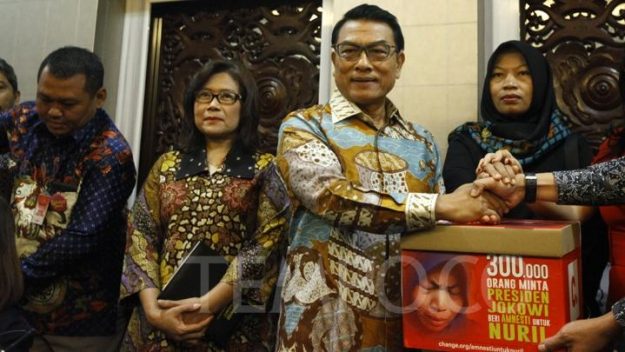LRWD Edition 04 : January 2014
Supreme Court Supreme Court Regulation No. 1 Year 2014: Strengthening Legal Aid in Court Chief Justice of the Supreme Court has ratified Supreme Court Regulation No. 1 Year 2014 on Legal Service Guidelines for the Poor in Court; which automatically replaces Supreme Court Regulation No. 10 Year 2010 on Legal Aid Guidelines in Court. The…








